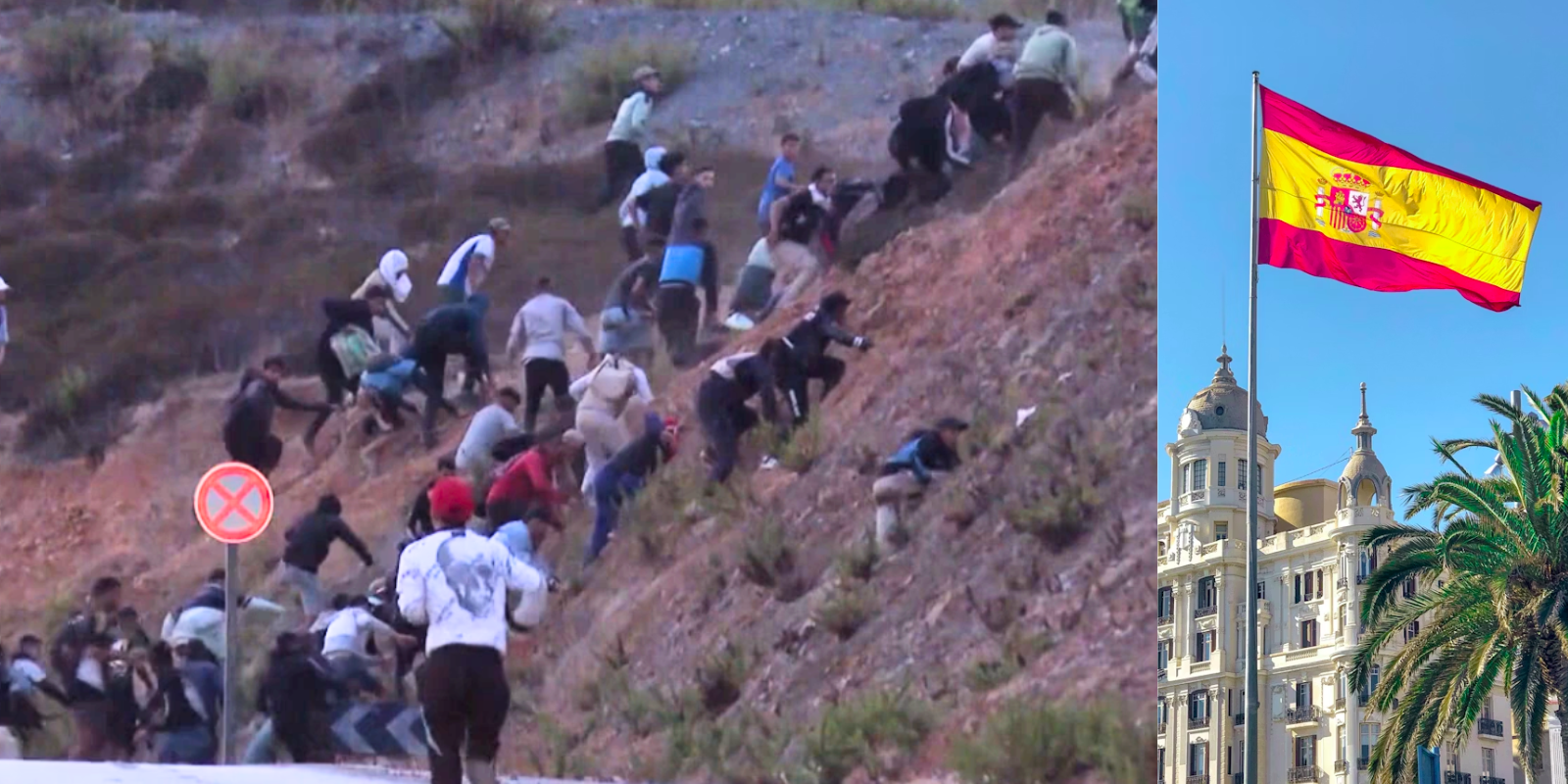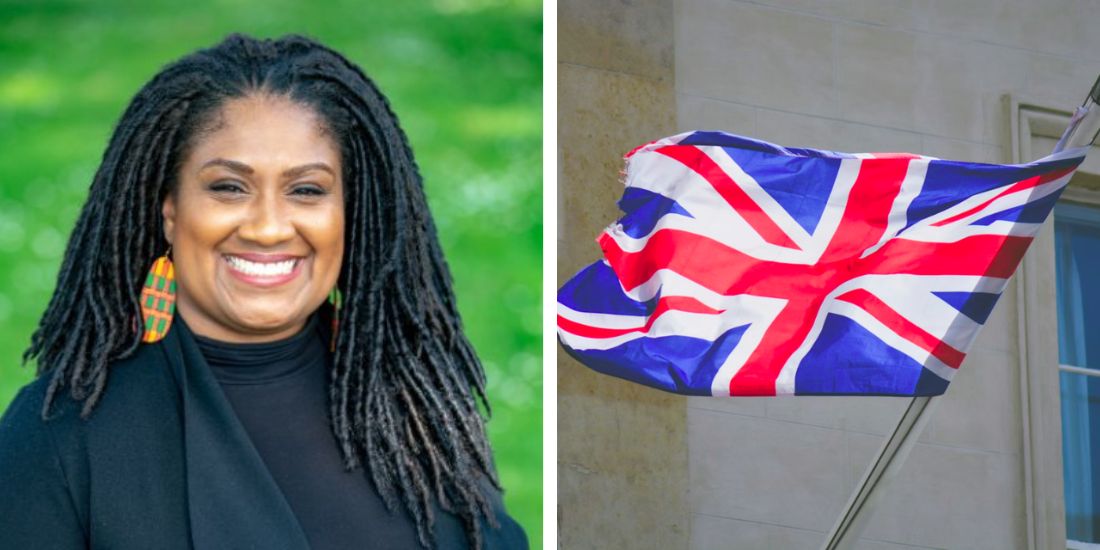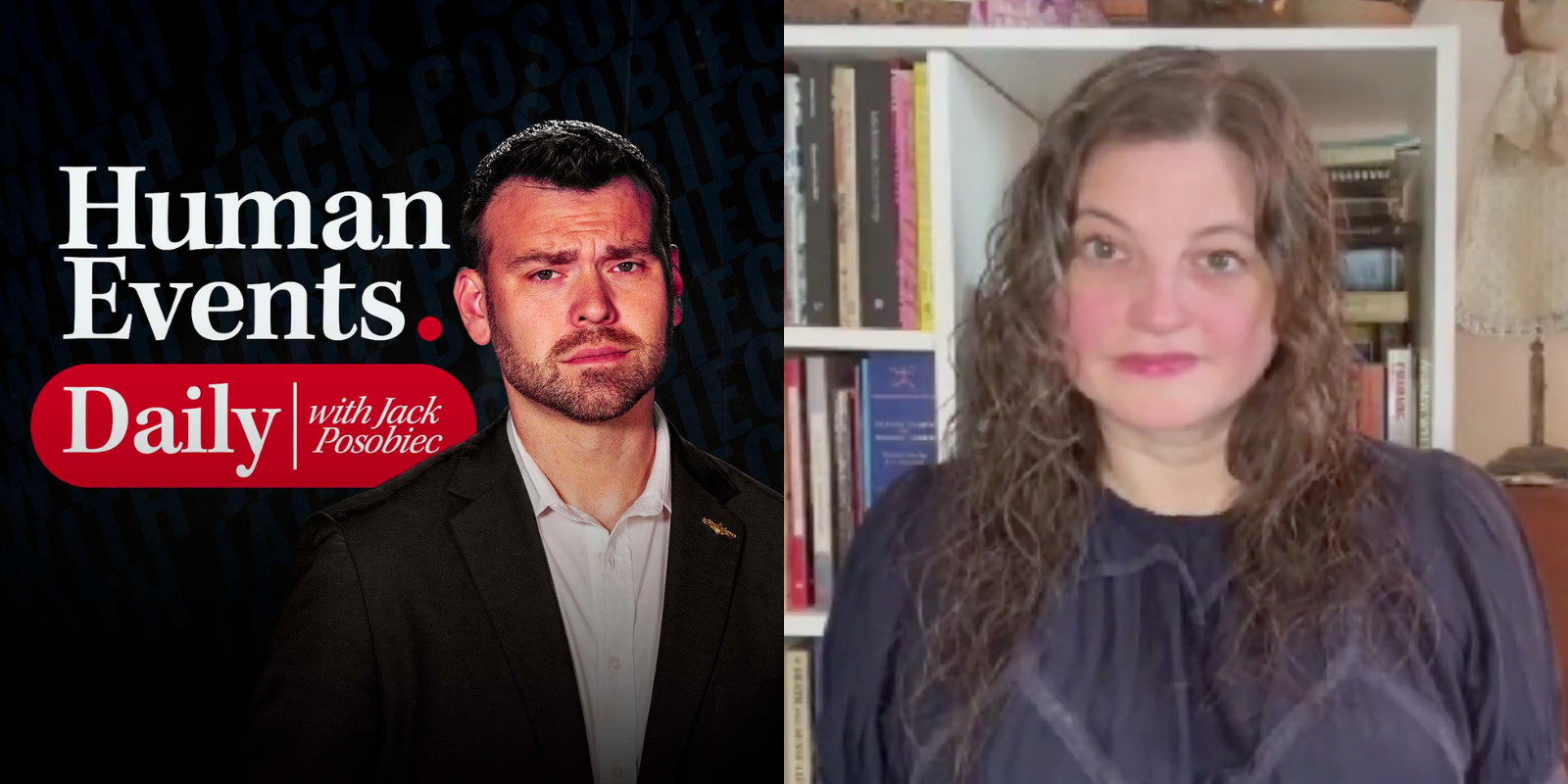Presidents’ Day: when it’s not an excuse for a three-day family ski trip, it’s a long weekend containing sometimes perfunctory local observations of the deeds and legacies of iconic presidents, usually—given its origins in their birthday month—those of George Washington and Abraham Lincoln.
But it’s worth remembering that outside the scope of historic remembrance each president was intensely human, displaying a balanced of humility and hubris, passion and pettiness. Each was highly individual: aside from the fulfillment of executive and political responsibilities and social and ceremonial duties, how many things have all of our presidents had in common? Not all married; not all wore a military uniform; not all had pets; not all played golf or drank or went to church. But every single one attended the theatre.
Some, like Andrew Jackson, put in grandstanding appearances while campaigning; some, like Grover Cleveland, attended grudgingly at the behest of spouses; others, notably including Woodrow Wilson and Lincoln, sought escape and relaxation during wartime in its anonymous darkness. Washington—who, unlike his stern countenance on our currency, was known to throw his head back in a hearty guffaw while watching a comedy—defied a Congressional ban on theatre to produce morale-boosting plays at Valley Forge.
Wilson, who attended the theatre 225 times during his eight years in office, liked to slip out of the White House once a week for vaudeville shows; his successor, Warren Harding, preferred burlesque. Dwight Eisenhower employed Porgy and Bess as a Cold War weapon. Big-game-hunting Teddy Roosevelt loved the operatic arias of Enrico Caruso. And Ronald Reagan wasn’t the only actor to become President: FDR, LBJ, Eisenhower and Bill Clinton all acted in high school plays, as did Richard Nixon, who later met his wife at community theatre auditions.
For Lincoln, ironically, that very escape from the constant anguish of administering the Civil War meant his own demise. In fact, just mention “presidents” and “theatre” in the same sentence, and almost anyone’s first thought is of that terrible night at Ford’s Theatre: the smoking pistol in John Wilkes Booth’s outstretched hand behind the slumped figure of the sixteenth president.
Lincoln was fully aware that some viewed his theatregoing as frivolous and disrespectful to those still in the field or under the earth. “Some people think I do wrong to go to the opera and the theatre,” he said. “But it rests me. I love to be alone and yet to be with the people. I want to get this burden off; to change the current of my thoughts. A hearty laugh relieves me; and I seem better able after it to bear my cross.” The fatal night’s production, Tom Taylor’s Our American Cousin, typifies the escapist, folksy humor that this all-too-human president had enjoyed since his early years in Illinois, when he laughed heartily and often at rural “Yankee” comedies and minstrel shows.
Yet probably no U.S. president before or since has demonstrated a deeper appreciation for, understanding of, or willingness to quote from the words of William Shakespeare than Lincoln, a taste he acquired while avidly reading and rereading the Bard’s works in his young adulthood. But only once he was in office did he become aware of the irony, the eloquence, the tragic suitability of Shakespeare’s words to the events consuming him, notably the twists of political intrigue, the machinations of devious men, and the gore of battle, interspersed with occasional comic relief. Lincoln kept his volume of Shakespeare on his desk in the Executive Mansion, and War Department telegraph operators recalled his carrying and reading—sometimes aloud—from worn copies of Macbeth and Hamlet.
There was also undoubtedly an element of edification as well as entertainment in presidential connections to the dramatic arts. Socrates’ “unexamined life,” which was not worth living, certainly would not apply to the forty-four men who have led our nation; the themes of countless playwrights have given them material for reflection and self-assessment. Several presidents, including John Quincy Adams, James A. Garfield and William Howard Taft, attended the theatre often and knowledgably cited dramatic events and characters in composing speeches, letters and diaries, often drawing a moral lesson or point of profundity from a production that had just read or seen.
This year for President’s Day: consider going to the theatre.
Thomas A. Bogar is the author of Backstage at the Lincoln Assassination and American Presidents Attend the Theatre.





